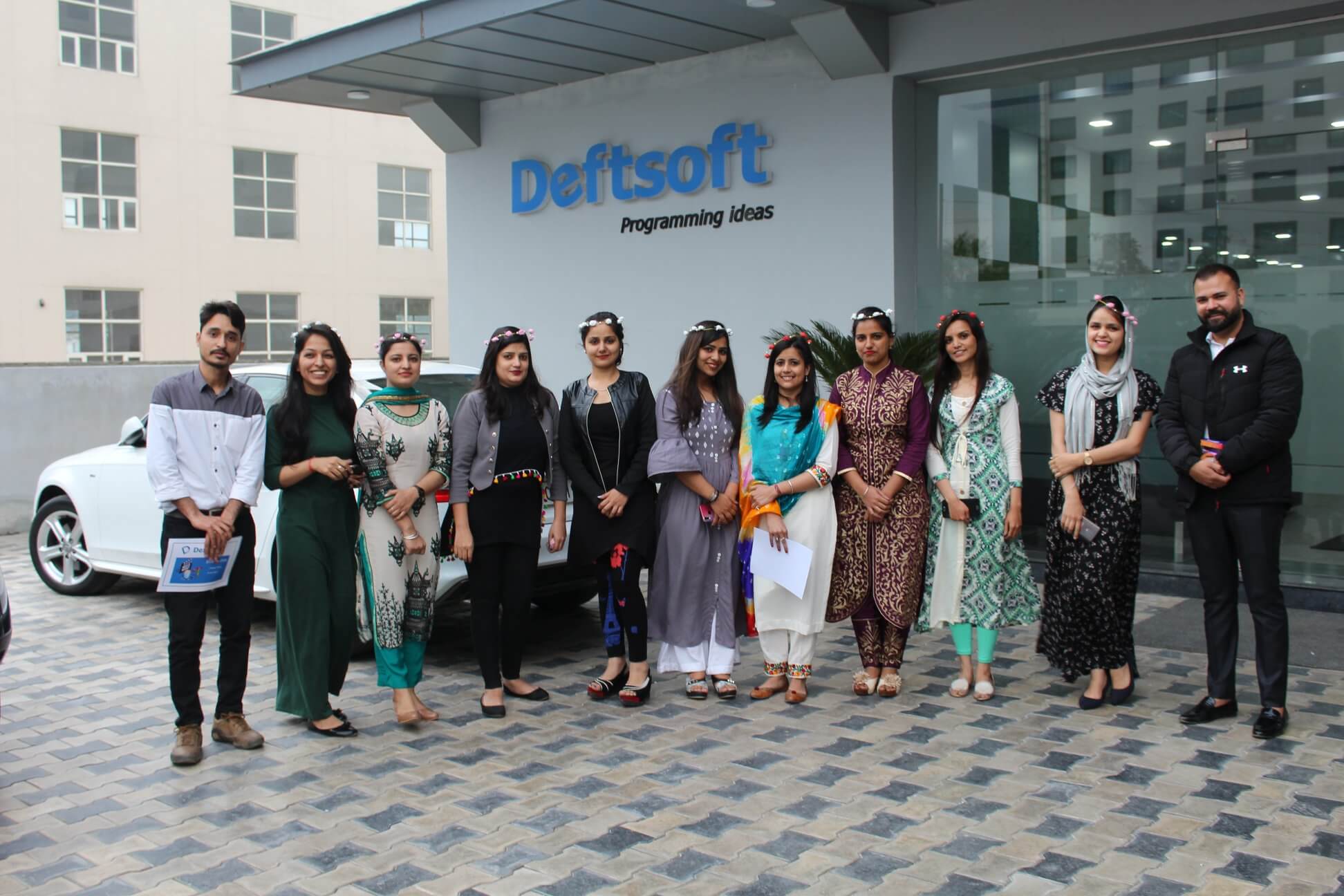International Women’s Day, celebrated on March 8th, serves as a powerful reminder of the ongoing struggle for gender equality across the globe. For Bahá’ís, this day transcends mere celebration; it embodies the essential principles enshrined within their teachings regarding the equality of men and women. As the Bahá’í Faith advocates for social justice and human rights, an exploration of its teachings on gender equality unveils a framework that not only addresses the societal inequalities that persist but also hints at profound philosophical underpinnings that illuminate the path toward a more equitable world.
The essence of gender equality is woven into the fabric of Bahá’í scripture, where it is articulated as a fundamental prerequisite for the establishment of a peaceful and prosperous society. Bahá’u’lláh, the prophet-founder of the Bahá’í Faith, declared that “the world of humanity is possessed of two wings: the male and the female.” This metaphor is powerful, suggesting that the advancement of society is contingent upon the equal participation and empowerment of both genders. It raises a pivotal question: Why has the dialogue around gender equality garnered an enduring fascination, particularly within the Bahá’í community?
One common observation is the juxtaposition of the fervent advocacy for gender equality with the stark realities that many women face globally. While societal advancements are made in some regions, systemic inequalities persist, thwarting the realization of true equity. The Bahá’í teachings address this dichotomy with a clear assertion: the elevation of women’s rights is inextricably linked to the spiritual and material progress of all humanity. This empowering narrative not only celebrates women but also positions their equality as a collective moral imperative, essential for the evolution of society as a whole.
The philosophical underpinning for this focus on gender equality is found in the Bahá’í concept of the essential oneness of humanity. Unlike ideologies that may assert competition or dominance among genders, the Bahá’í Faith proposes a vision of unity that is inclusive of all genders. As stated in the Bahá’í writings, “The superiority of one sex over another has not been established,” which denotes that artificial barriers, cultural biases, and prejudicial practices should not define one’s capabilities or potential. This radical approach encourages a shift in perspective—considering gender not as a classification that constrains but as a characteristic that enriches human experience.
On International Women’s Day, reflection on the narratives that shape our understanding of gender becomes profoundly relevant. The Bahá’í mindset fosters a collective responsibility to transform these narratives. The teachings urge believers to rise above superficial observances and engage in meaningful actions. This could range from advocating for educational opportunities for girls in underserved communities to promoting women leaders in various spheres of influence. The practical essence of Bahá’í teachings is not merely theoretical; it demands tangible contributions to the advancement of gender equality.
Moreover, the practice of gender equality within the Bahá’í Faith is manifested through its administrative structure, which includes equal representation of men and women. This institutional framework serves as a model for equitable governance and decision-making, showcasing that when both genders are represented, the outcomes tend to be more comprehensive and reflective of the diversity within the community. Such organizational practices buttress the overarching belief that equality extends beyond individual cognition; it must permeate institutions and communities at large.
In considering the broader cultural context, International Women’s Day also presents an opportunity to challenge the narratives that often confine women’s roles to traditional stereotypes. The Bahá’í Faith champions the idea that women and men are equally capable of contributing to all fields—be it science, arts, governance, or spirituality. The historical contributions of women, both within the Bahá’í community and beyond, underscore the necessity of dismantling barriers that inhibit creative potential and intellectual pursuits. Thus, the celebration becomes not only a commemoration of achievements but also a call to action to ensure that the legacies of women aren’t forgotten or marginalized.
Recognition and appreciation of women’s contributions require more than acknowledgment; it necessitates a commitment to dismantle the socio-cultural and systemic obstacles that prevent equitable participation. The Bahá’í teachings invite individuals to embody this commitment through their daily actions, fostering environments where both genders can thrive and support one another. On International Women’s Day, this message becomes a rallying cry—an entreaty urging individuals and communities to acknowledge the critical intersections of race, class, and gender in the quest for equality.
Indeed, the fascination surrounding International Women’s Day, particularly among Bahá’ís, lies in the profound teachings that advocate for systemic change and the realization of true equality. As society grapples with ongoing challenges, the Bahá’í perspective offers a comprehensive and spiritual framework. This approach emphasizes not only moral responsibility but also practical engagement—encouraging advocates of gender equality to transcend the ephemeral nature of one-day celebrations, channeling their enthusiasm into sustained efforts for transformation.
In conclusion, International Women’s Day embodies the spirit of the Bahá’í teachings on gender equality. It challenges individuals and communities to reflect deeply on the principles of justice, unity, and love, which form the bedrock of the Faith. As Bahá’ís commemorate this day, they are called to embrace the vision of a world where the potential of every individual—regardless of gender—is recognized and celebrated. Thus, through both communal reflection and individual action, the aspiration for gender equality can evolve from aspiration into reality, contributing to the overarching goal of a harmoniously unified global society.
